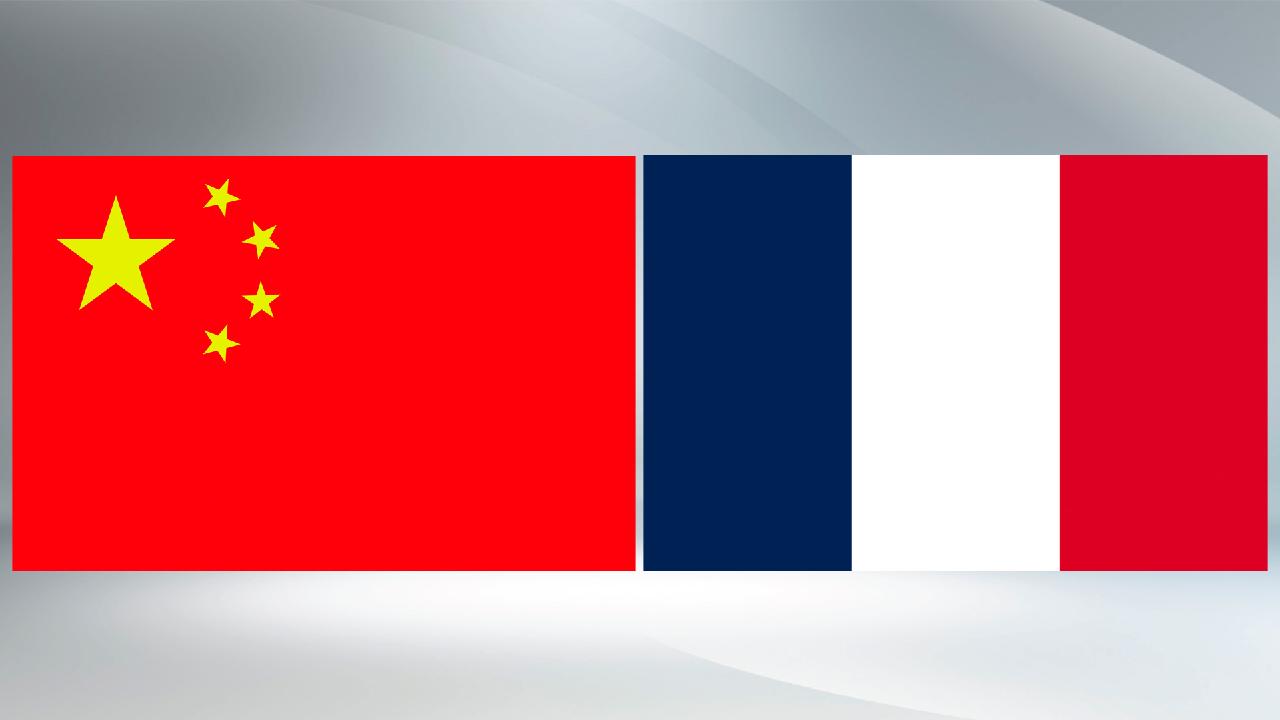Wang Yi Highlights Taiwan Issue During Talks with French Foreign Minister
Wang Yi highlights the Taiwan issue during discussions with French foreign minister, signaling ongoing diplomatic tensions.

Chinese Foreign Minister Wang Yi reiterated the Chinese government's stance on the Taiwan question and the one-China policy during a telephone conversation with French Foreign Minister Jean-Noel Barrot on Friday. Emphasizing the issue's significance, Wang firmly opposed any interference by NATO in Asia-Pacific affairs, highlighting that such involvement could disrupt regional stability.
Wang, a key member of the Political Bureau of the CPC Central Committee, noted that both China and France share a tradition of independence and autonomy in their foreign policies. He stressed the necessity for both nations to enhance strategic mutual trust and to respect each other's core interests, which are fundamental for bolstering bilateral relations amid global uncertainty.
The Chinese top diplomat made it clear that the Taiwan question is China's internal affair, directly linked to national sovereignty and territorial integrity. “It is fundamentally different from the Ukraine issue,” Wang declared, underlining that Beijing attaches high importance to France's commitment to the one-China policy. He called on France to translate this commitment into concrete actions, sending a strong message about the centrality of the Taiwan issue to Chinese authorities.
In addition, Wang voiced China's expectation that France would hold a principled position against NATO's involvement in Asia-Pacific matters. He urged that the two nations stand together in supporting multilateralism and defending free trade, while jointly opposing unilateral sanctions and "bullying practices" that threaten the established international order.
Reflecting on recent diplomatic engagement, Wang referenced the phone call between Chinese President Xi Jinping and French President Emmanuel Macron on May 22, during which both sides reached significant consensus on enhancing strategic coordination. To further implement these agreements, Wang proposed preparations for multi-level exchanges in the upcoming months and extended an invitation for senior French representatives to participate in the World Artificial Intelligence Conference scheduled for Shanghai in 2025.
According to Wang, both countries had already agreed to resolve economic and trade disputes through dialogue and consultation. He advocated fostering stronger people-to-people, cultural, and educational exchanges as a way to support the sound development of the China-France comprehensive strategic partnership, as well as broader China-EU relations.
Foreign Minister Barrot responded by expressing France’s welcome to Chinese Vice President Han Zheng, who will attend the upcoming UN Ocean Conference in France. Barrot underscored the growing importance of France-China relations in coping with today’s global challenges, stating that France consistently regards China as a friend and partner. He reaffirmed France’s support for the one-China policy and voiced hope for continued high-level interactions and close strategic communication.
Barrot also highlighted the vital role of strengthening interpersonal and cultural connections, describing such efforts as a powerful signal of openness necessary in current circumstances. On economic issues, he clarified France’s opposition to trade and tariff wars and confirmed willingness to resolve trade frictions through ongoing dialogue and consultation.
During the call, both leaders exchanged views on a range of pressing international issues, including the Ukraine conflict, developments in Palestine and Israel, as well as Iran's nuclear program, illustrating the breadth of topics impacting the bilateral relationship.




